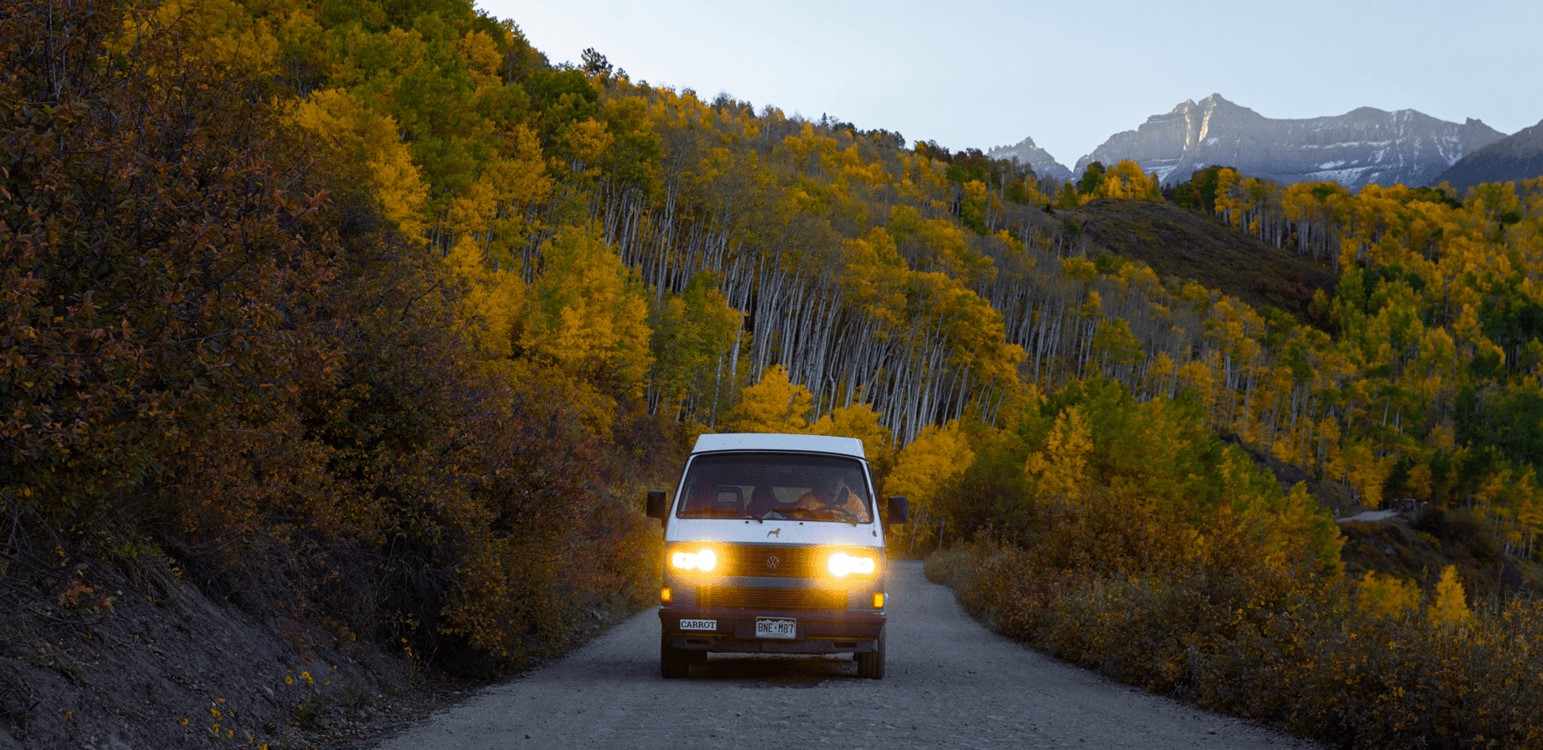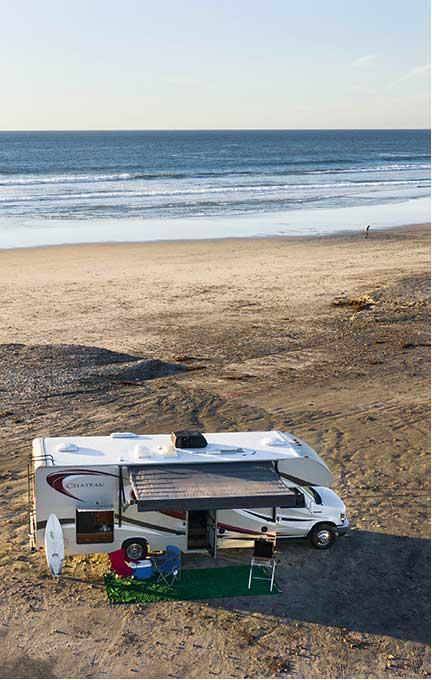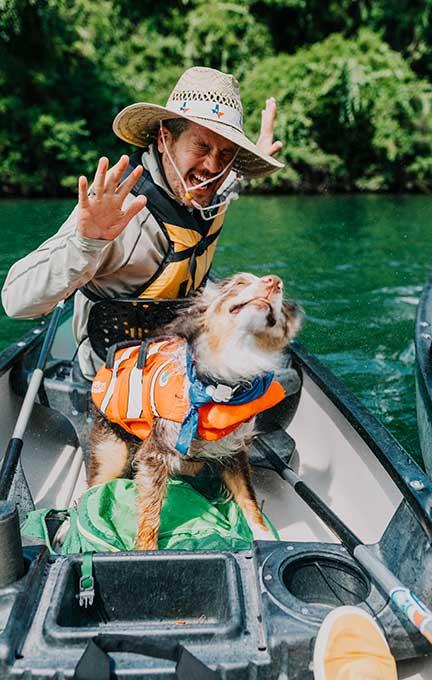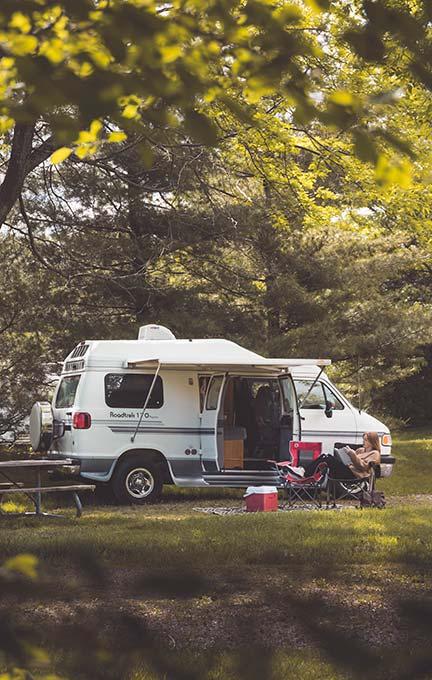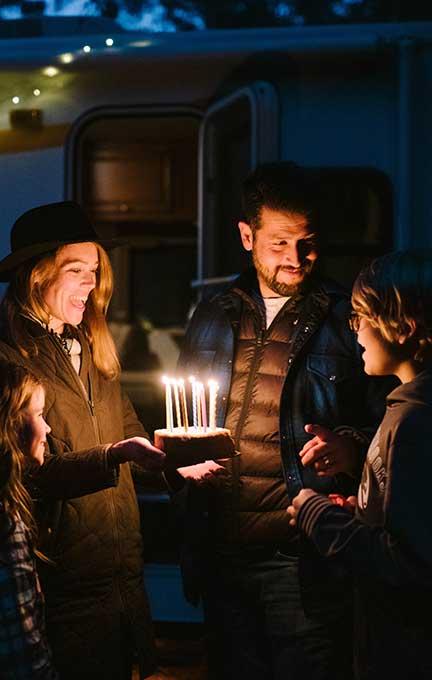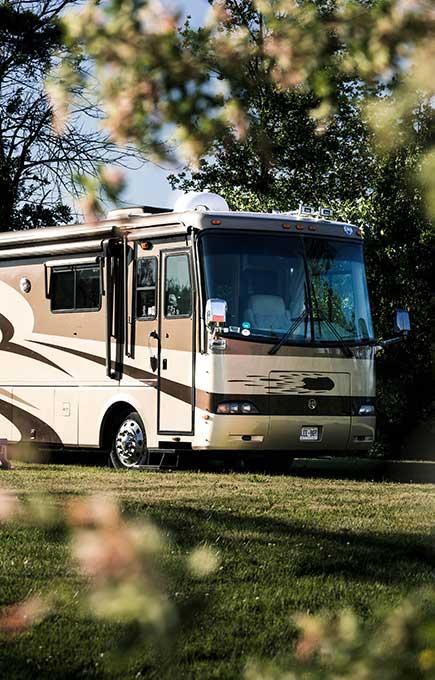Recent developments in the spread of the coronavirus have put a kink in international and domestic air travel, but the need to get from one place to another still remains. Another form of travel — RV travel — provides an alternate method for people to get to a safe location while maintaining a greater distance from crowds of people.
Here at Outdoorsy, we know that RVers fit into a different category than mainstream travelers. Many RVers live and work in their motorhomes or trailers full-time, and their home is on wheels. RVers represent people who travel for either full-time or recreational living. Because the RV lifestyle is mobile and doesn’t always fit the parameters of a traditional home, we’ve put together some planning and safety tips that might help all types of RVers find the information they need to keep themselves informed and healthy while on the road.
Stay informed
The best way to protect the people in your RV is to stay informed of the recent COVID-19 virus developments. While it’s easy to find information online, it’s not always easy to determine whether that information comes from a reliable source. Primary sources like the Centers for Disease Control and Prevention (CDC) or The President’s Coronavirus Guidelines For America should be the first sources people visit to get the most up-to-date coronavirus information and recommendations for staying safe during the COVID-19 outbreak. Other sources, such as the National Park Service or individual state-run parks and wildlife departments, can also help RVers know the latest COVID-19 news and how the coronavirus might impact RV travel and the ability to camp overnight within the national and state parks.
Stay connected
Part of staying connected is making it easier to get internet access. If you are staying in a private campground, the chances are good that you will have access to Wi-Fi and a stable electricity source. If you are camping on BLM land, off-the-grid, or in a place with limited connectivity, it’s essential that you have a plan to access local and government information as well as have a plan to keep your devices charged.
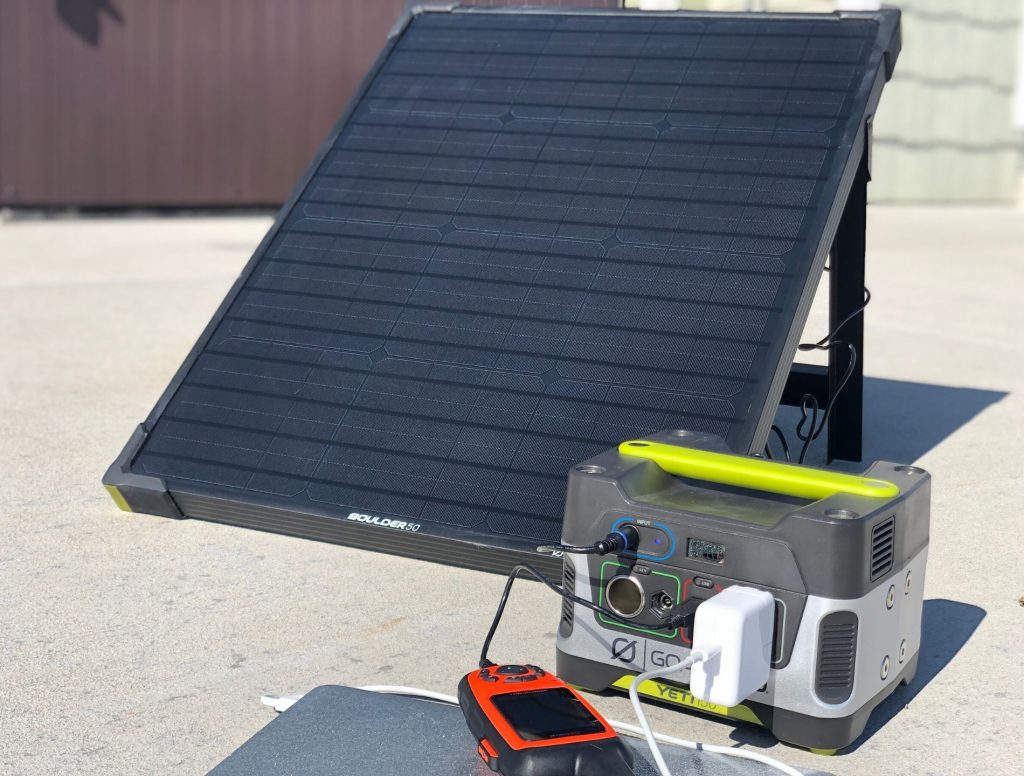
Tip: Do you want to know more about finding connectivity and keeping connectivity on the road? Check out this post written by a member of Team Outdoorsy — she offers some suggestions on finding internet-capable cellular service, getting online, and keeping your devices charged off-the-grid.
Stay prepared
Preparing yourself for some ups and downs is part of the RV lifestyle. Since RVers generally move often, it’s not uncommon to have an emergency plan in place in case a situation warrants the need to move quickly. Many RV-friendly areas across the country are responding to the CDC’s recommendations, and temporarily closing areas usually open for camping. Because of the changing circumstances, RVers must stay alert and aware of the opening and closing status of their current location as well as the locations along their route.
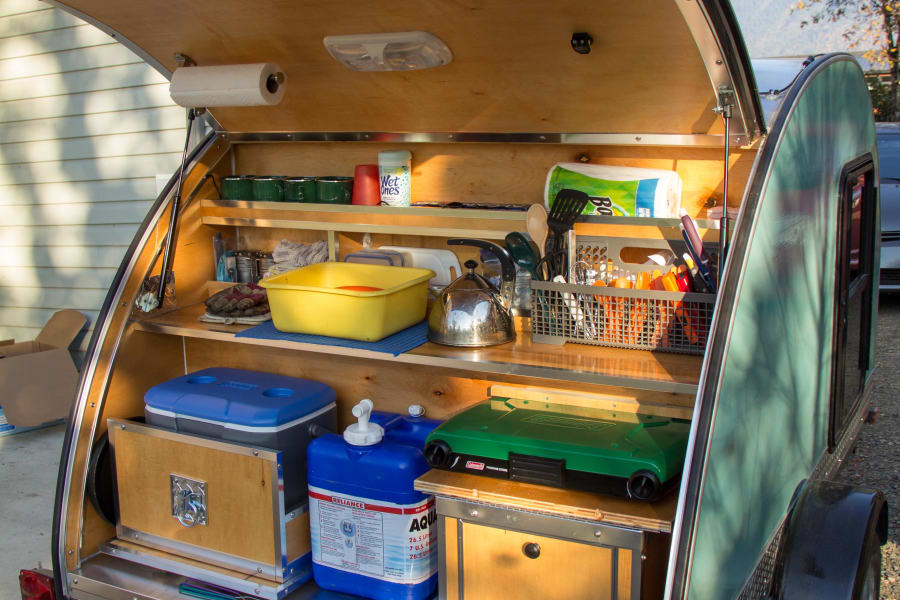
Tip: When you get to your campsite, survey the area. Where are the exits located? How long would it take you to disassemble your rig and prepare to leave? Consider only setting up the essential outdoor supplies and keeping items like pop up shelters and bikes put away. In the event you need to leave faster than you have planned, you won’t need to worry about breaking down or putting away bulky or hard to disassemble items.
Tip: With the spread of the coronavirus, RVers should be extra vigilant, stocking up on the supplies they might need for at least 72 hours. Finding access to grocery stores and in-demand supplies might be challenging, so stocking up on the things your family needs is important. Every family is different; a good rule of thumb is to stock the items you need to be self-contained for three days.
Tip: Whether you are inside or your RV or outside of your RV in a public area, make sure you follow the CDC’s Cleaning and Disinfection Recommendations to keep you and your family healthy. Their guidelines for disinfecting surfaces and fabrics apply to any application, including RV cleaning.
Stay calm
The need for RVers to stay calm is important. By staying informed, connected, and prepared, you can properly address your family’s needs and make changes to your travel plans when a change is warranted.
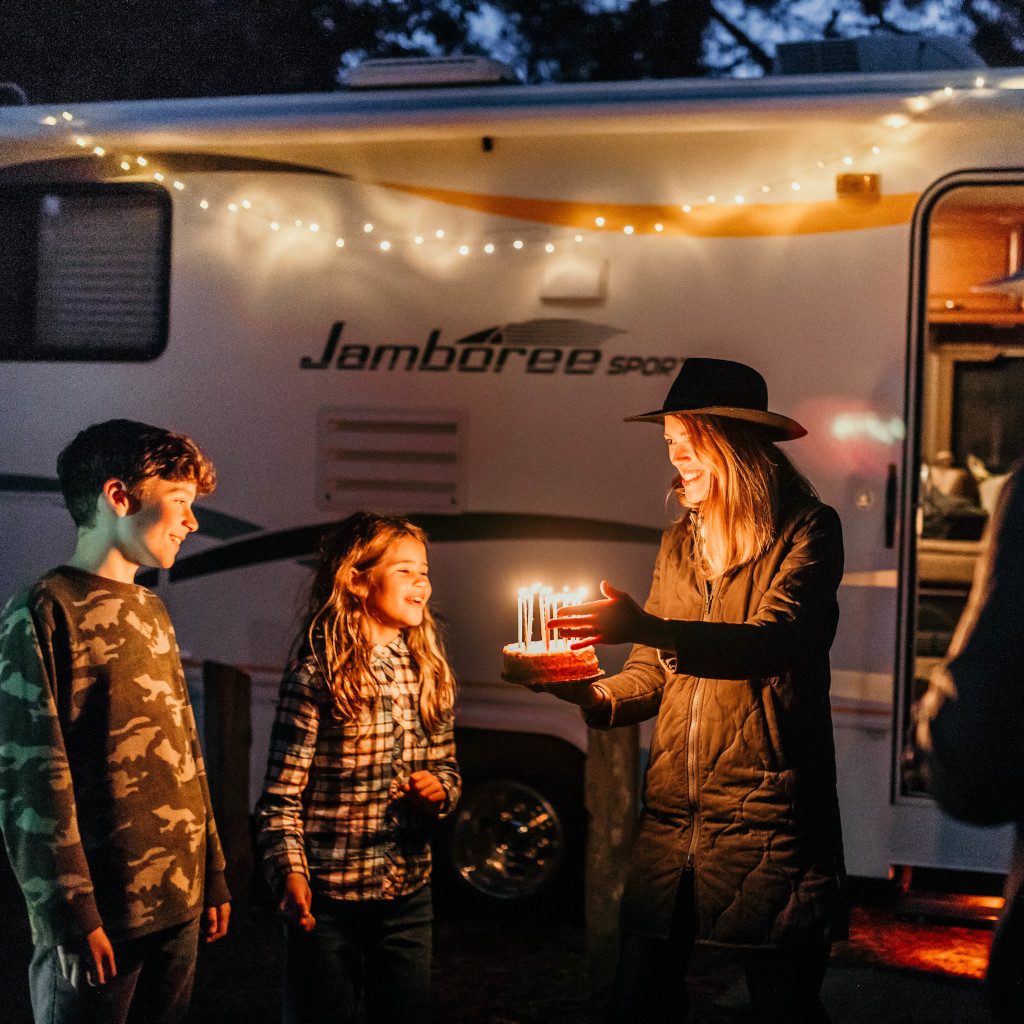
“While the effects of this virus should be taken seriously, we’ve learned from others like it in the past, and we’re prepared. Outdoorsy’s promise to our customers has always been to put you first, and we remain committed to providing you with a safe travel experience that you can trust.”
-Jeff Cavins, Outdoorsy CEO
Team Outdoorsy is here to help you along your journey. If you have questions or concerns about your upcoming RV rental, give us a call at 1-877-723-7232, send us an email, or start a chat.

